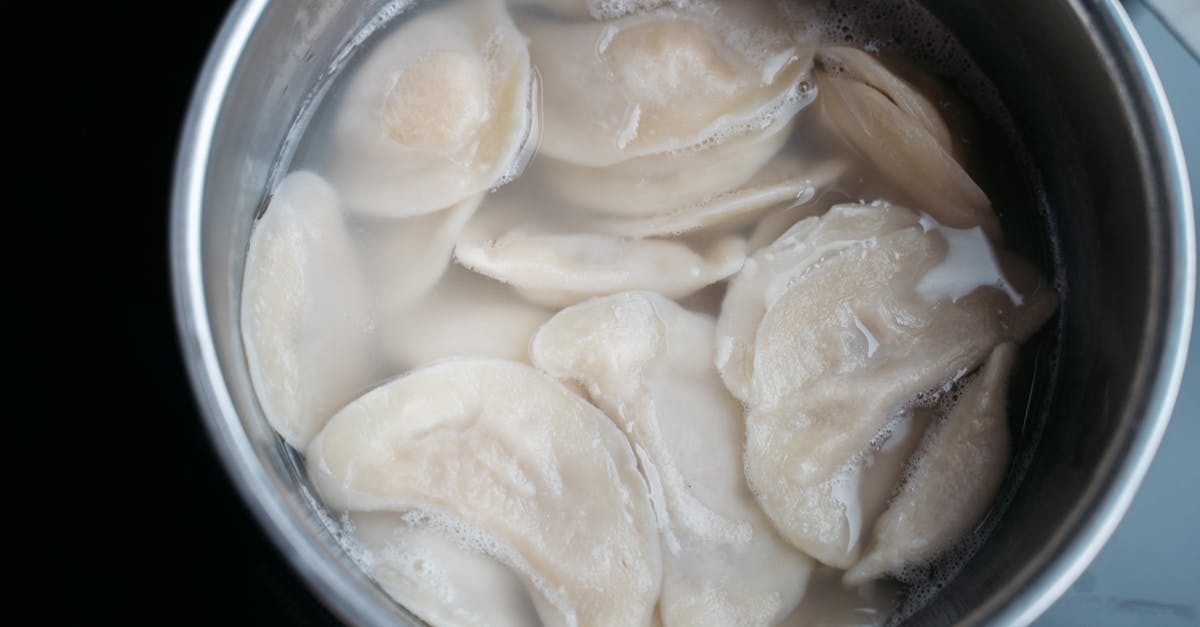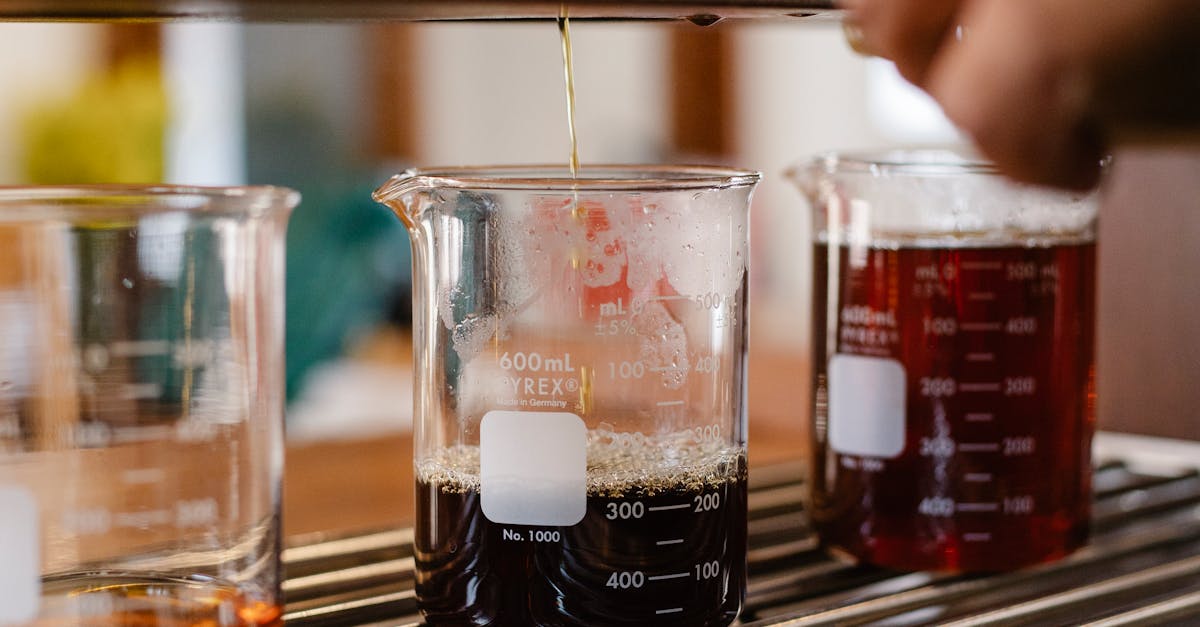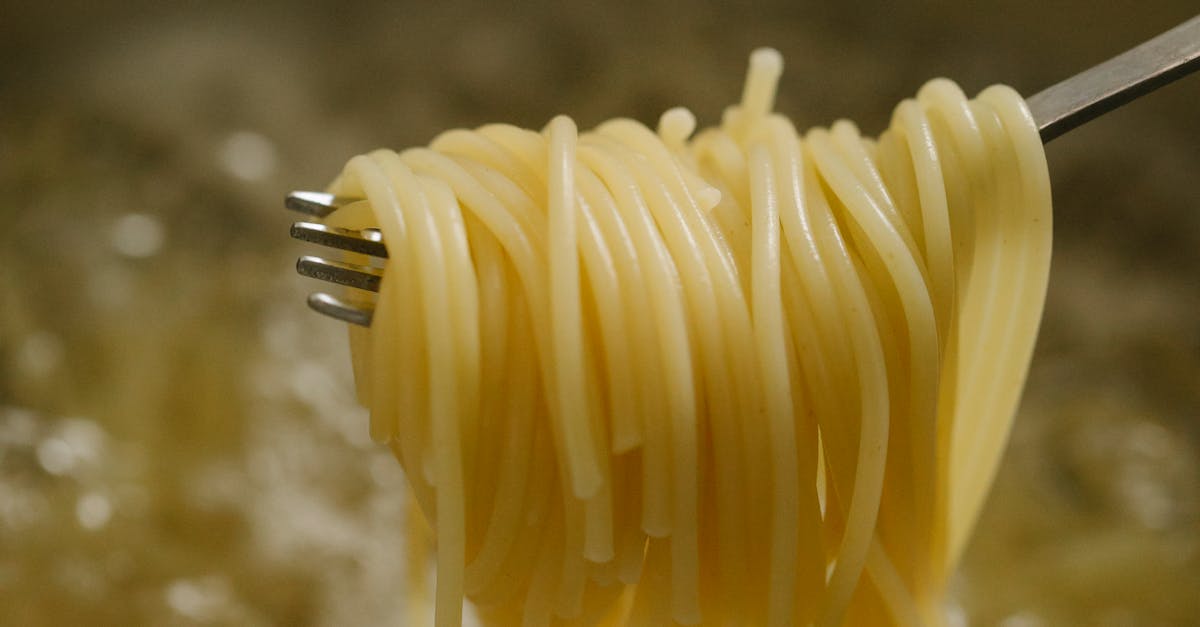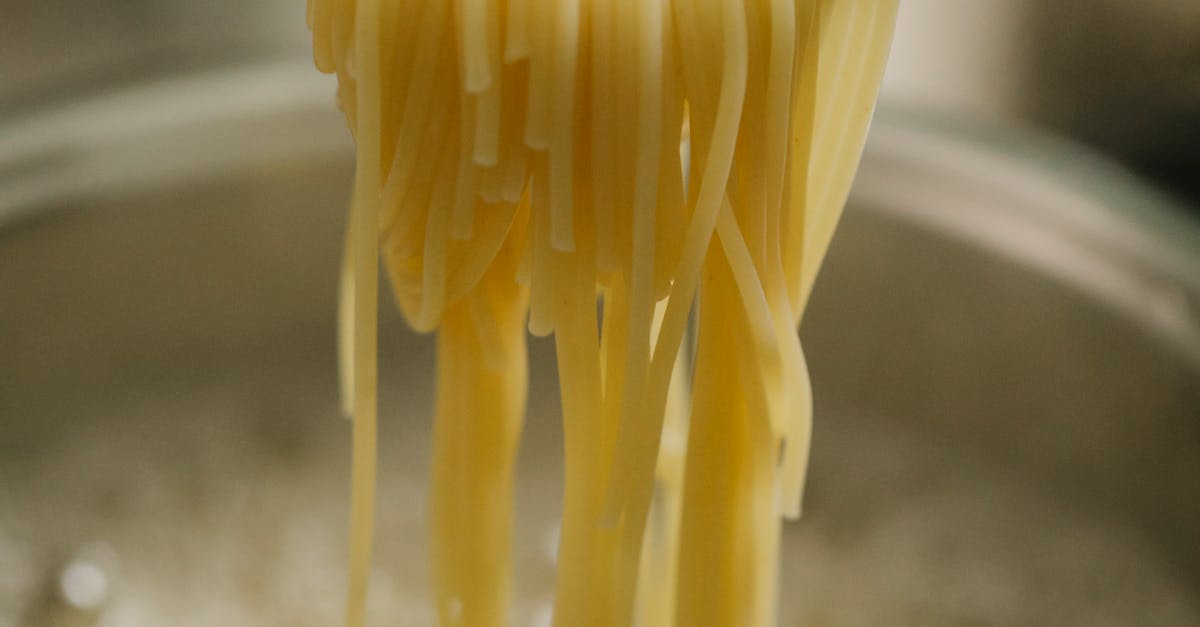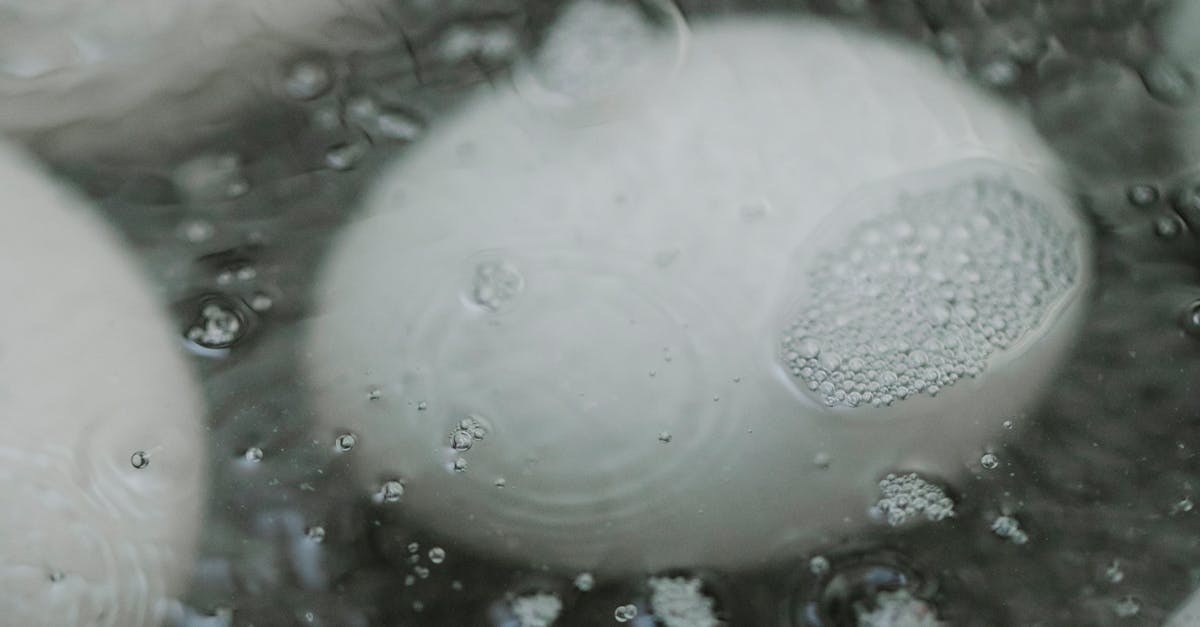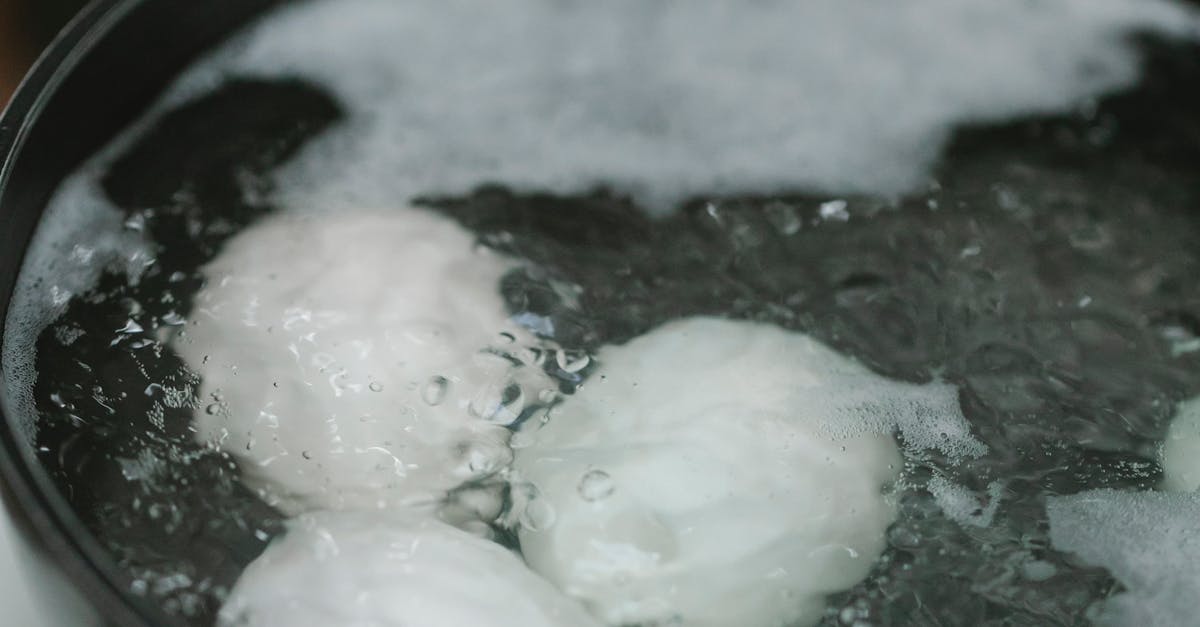
Table Of Contents
Comparing Heat Pumps to Traditional Systems
Heat pumps operate differently compared to traditional heating systems, impacting their efficiency profiles significantly. Conventional systems usually rely on fossil fuels or direct electricity to generate heat, which can often lead to higher operating costs and increased carbon emissions. On the other hand, heat pumps transfer warmth from the environment, utilising electricity more efficiently. This makes them a more sustainable option over time, especially in climates where moderate temperatures prevail throughout the year.
In residential settings, the efficiency of heat pumps can also be influenced by the type of hot water installation in place. Standard electric hot water systems may consume more energy, while heat pump water heaters leverage the same principles as their heating counterparts to provide hot water more efficiently. Integrating heat pumps into a household not only improves overall energy use but also complements existing systems, thus enhancing sustainability efforts.
Efficiency Metrics Explained
Efficiency metrics play a crucial role in evaluating the performance of heat pumps compared to traditional heating systems. The coefficient of performance (COP) is one of the primary measurements used, indicating the ratio of heating output to electrical input. A higher COP means greater efficiency, as the heat pump can deliver more heat for less energy consumed. In addition to COP, the seasonal performance factor (SPF) assesses how well a heat pump performs over an entire heating season, factoring in variations in temperature and usage patterns. This metric is essential for consumers considering options like hot water installation.
Understanding these metrics helps homeowners make informed choices about their heating systems. While heat pumps can be more efficient than fossil-fuel-based systems under certain conditions, their performance can vary significantly based on environmental factors. The efficiency of a heat pump may decline in extremely cold weather, making it less effective without supplementary heating. Therefore, when planning a hot water installation or a complete home heating solution, it is vital to consider these efficiency metrics to ensure optimal performance and energy savings.
Energy Source Considerations
The efficiency of heat pumps is significantly influenced by the source of energy used to power them. In Australia, many heat pumps operate on electricity, and the carbon footprint of this energy depends on how it is generated. When electricity comes from renewables such as solar or wind, heat pumps can achieve remarkable efficiency levels. However, if the power comes from fossil fuels, it can undermine the environmental benefits that heat pumps are supposed to provide. This distinction is crucial for homeowners considering hot water installation, as the energy source will directly impact both efficiency and long-term costs.
Electricity pricing plays a vital role in determining the overall effectiveness of heat pumps. Fluctuations in energy prices can lead to varying operational costs, affecting the economic viability of using heat pumps over traditional systems. When power prices are high, the cost savings associated with heat pumps may diminish, particularly when heating water is involved. Homeowners might find that investing in a heat pump system for hot water installation becomes less attractive if electricity rates do not provide a favourable return on investment.
The Role of Electricity Pricing
Electricity pricing plays a crucial role in the overall efficiency of heat pumps. As households seek to lower their energy bills, the cost of electricity can significantly influence decisions regarding heating systems. Many consumers may find that the operating costs of heat pumps can outweigh the benefits, especially in regions with higher electricity prices. This dynamic can lead to a preference for traditional heating solutions, further impacting the adoption of heat pumps for tasks like hot water installation.
The shift towards more sustainable energy sources also complicates the pricing landscape. Increased reliance on renewable energy can lead to fluctuations in electricity costs, affecting the cost-effectiveness of heat pumps over time. Households considering hot water installation with heat pumps must navigate these price changes carefully. Understanding local electricity pricing is essential for making informed decisions about energy-efficient upgrades and long-term savings.
Technological Advances
Recent advancements in heat pump technology have led to improved efficiency and performance. Many modern units now incorporate variable speed compressors, which allow them to adjust their output depending on the heating or cooling demand. This flexibility not only enhances energy savings but also reduces wear and tear on the system, prolonging its lifespan. Innovations in materials and design have further contributed to increased thermal transfer rates, enabling heat pumps to operate more effectively even in fluctuating temperatures.
The trend towards integrating heat pumps with other technologies has also gained momentum. For instance, systems that combine space heating with hot water installation can optimise energy usage by capturing and repurposing waste heat. This synergy not only maximises energy efficiency but also enhances overall system reliability. As manufacturers continue to push the boundaries of design and functionality, the future of heat pump technology looks increasingly promising, potentially bridging some of the gaps in efficiency currently observed.
Innovations in Heat Pump Efficiency
Recent technological advancements have significantly boosted the efficiency of heat pumps. Manufacturers are now focusing on improving the components used in these systems. Enhancements in compressor technology have shown to increase the overall performance of heat pumps, allowing them to extract more heat from the environment. Improved insulation materials further contribute by reducing heat loss, making the systems more effective in maintaining desired temperatures.
Additionally, new designs in hot water installation have emerged, optimising the way energy is used and stored. These innovations ensure that the heat generated by the pumps is utilised more effectively in heating water and spaces. As a result, modern heat pumps can operate more efficiently, thus consuming less energy while delivering the needed heating or cooling. These developments play a crucial role in addressing the efficiency challenges that have traditionally plagued heat pump systems.
FAQS
What is a heat pump and how does it work?
A heat pump is a device that transfers heat from one place to another using a refrigeration cycle. It can both heat and cool a space by extracting heat from the air, ground, or water and moving it indoors or outdoors, depending on the season.
How do heat pumps compare to traditional heating systems?
Heat pumps are generally more efficient than traditional heating systems like gas or electric heaters, as they move heat rather than generate it. However, their efficiency can decrease in extremely cold temperatures, leading to concerns about their overall performance in colder climates.
What are efficiency metrics for heat pumps?
Efficiency metrics for heat pumps include the Coefficient of Performance (COP) and the Heating Seasonal Performance Factor (HSPF). The COP measures the ratio of useful heating or cooling provided to the energy consumed, while the HSPF evaluates the overall efficiency over an entire heating season.
Why do heat pumps sometimes perform inefficiently?
Heat pumps may perform inefficiently due to factors like low outdoor temperatures, inadequate insulation in homes, high electricity prices, or outdated technology that doesn't utilise the latest advancements in efficiency.
Are there any recent technological advancements improving heat pump efficiency?
Yes, recent technological advancements, such as variable-speed compressors, improved refrigerants, and smart controls, have enhanced heat pump efficiency, allowing them to operate more effectively across a wider range of temperatures and conditions.












